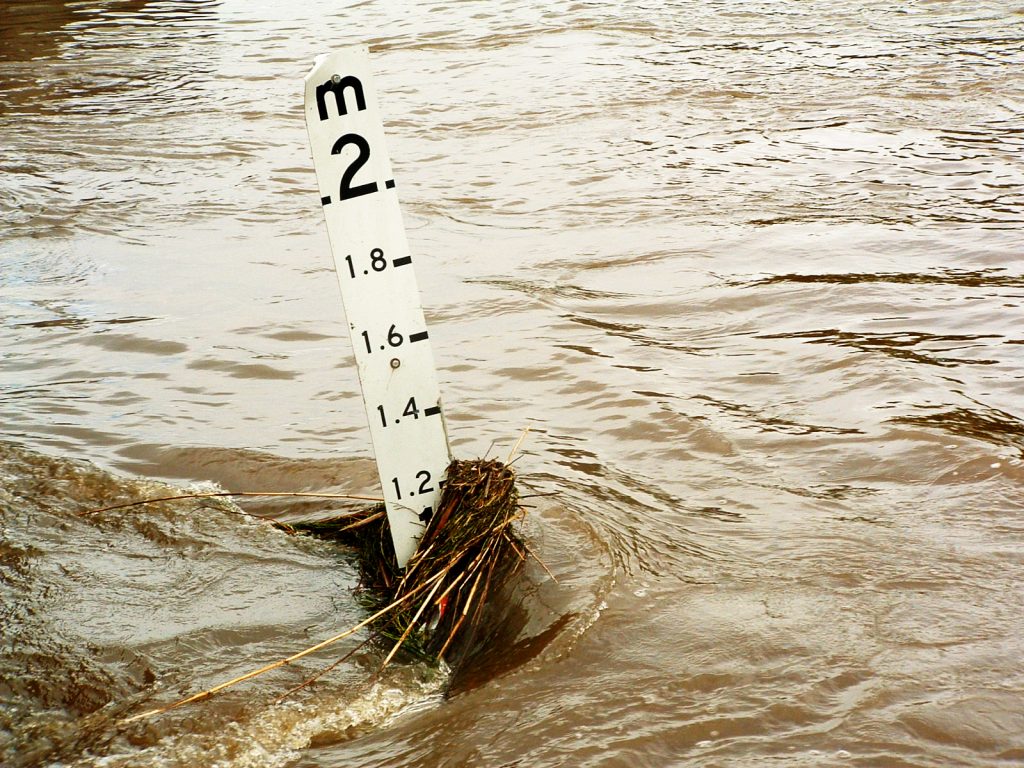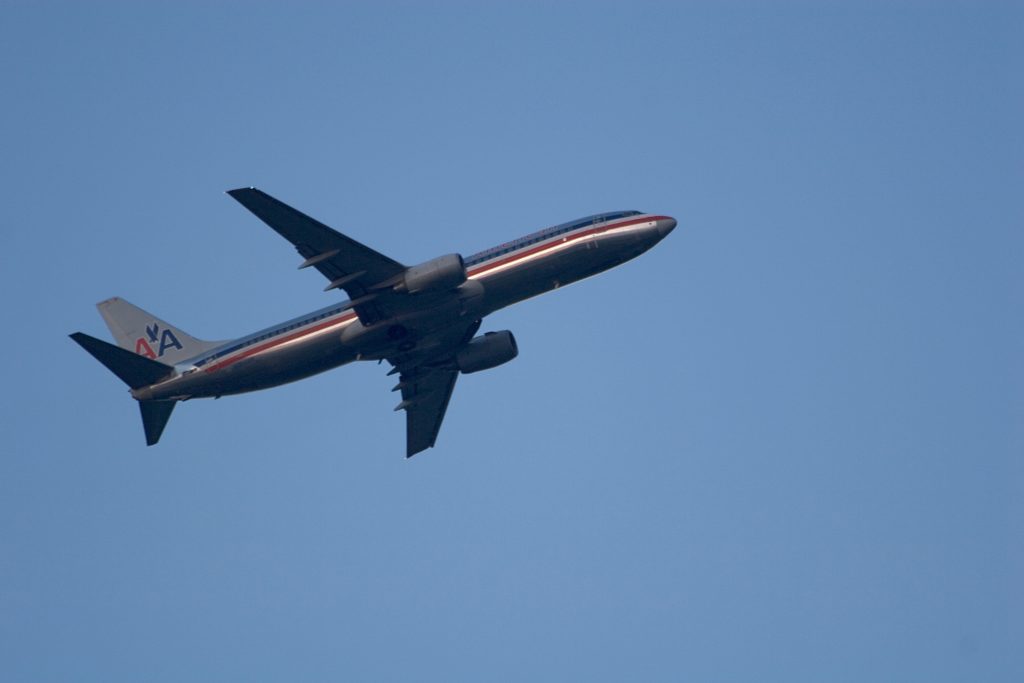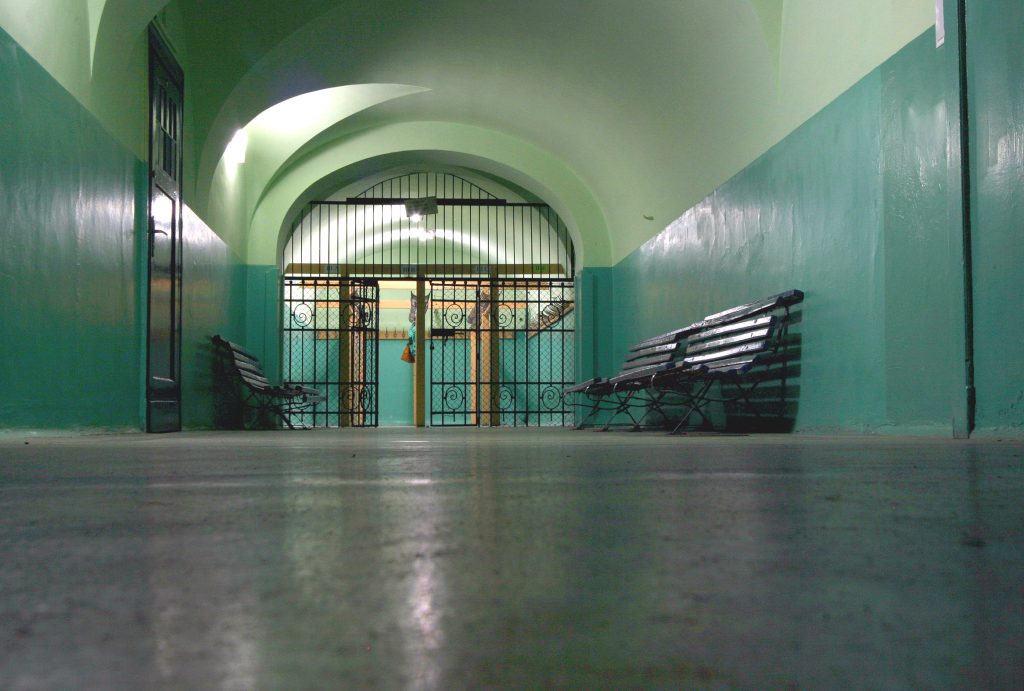 Selling a home can be a stressful time with many issues to consider. You want to make sure you are getting a fair price and that the home appeals to potential buyers. One aspect you might overlook is potential liability for injuries that occur when potential buyers tour your home.
Selling a home can be a stressful time with many issues to consider. You want to make sure you are getting a fair price and that the home appeals to potential buyers. One aspect you might overlook is potential liability for injuries that occur when potential buyers tour your home.
While touring a home in Bossier City’s Oak Alley neighborhood, Plaintiff’s Tammy Todd and Terr Michael Todd were shown an unfinished space above a garage. While walking down the steps, Mrs. Todd twisted her ankle at the landing, forcing her to have foot and ankle surgery and follow-up physical therapy. Mrs. Todd decided to file a lawsuit because she felt because the landing threshold was unsafe it created an unreasonably dangerous condition in the home.
Multiple summary judgments, were filed by the Defendants, in this case, each concerning the question of whether the landing was maintained in an unreasonably dangerous condition. In the first summary judgment, between the Plaintiffs and the Home Builders Association of Northwestern Louisiana (“HBA”), the court found that the condition was not maintained in an unreasonable way and granted summary judgment in favor of HBA. The second summary judgment, between Plaintiff’s and Mr. Angel (the homeowner), also found that the landing was not maintained in an unreasonable condition. Finally, HBA and their insurer, Ohio Casualty, filed a second summary judgment and used the trial court’s reasoning from Mr. Angel’s case to make a showing that the landing was not maintained in an unreasonable condition. Plaintiffs appealed the second summary judgment between HBA and Plaintiffs.
 Louisiana Personal Injury Lawyer Blog
Louisiana Personal Injury Lawyer Blog


 What happens when a plaintiff is injured, and damages are denied? How can a plaintiff prove they suffered injuries from an accident? According to Louisiana law, a plaintiff must prove, by a preponderance of the evidence, that his or her damages were the result of an injury caused by the defendant.
What happens when a plaintiff is injured, and damages are denied? How can a plaintiff prove they suffered injuries from an accident? According to Louisiana law, a plaintiff must prove, by a preponderance of the evidence, that his or her damages were the result of an injury caused by the defendant.  A party to a lawsuit may wish to appeal a court’s decision that they find unfavorable. But under Louisiana law, in most situations only final judgments can give the Court of Appeal jurisdiction to hear the case.
A party to a lawsuit may wish to appeal a court’s decision that they find unfavorable. But under Louisiana law, in most situations only final judgments can give the Court of Appeal jurisdiction to hear the case. The Louisiana Code of Civil Procedure provides that a court has wide discretion in granting a continuance (a postponement of the proceedings) in any case where appropriate. See
The Louisiana Code of Civil Procedure provides that a court has wide discretion in granting a continuance (a postponement of the proceedings) in any case where appropriate. See  People bring lawsuits in order to obtain compensation for wrongs they have endured. Even when there is no dispute about liability, determining the appropriate categories and amounts of damages can be complicated as it involves numerous legal and technical issues. Damages can encompass everything from past and future medical expenses to scarring to loss of enjoyment of life. However, there must be sufficient evidence from which a court can draw to support the award of damages. The following lawsuit that stemmed from a fight at a casino illustrates some of these principles.
People bring lawsuits in order to obtain compensation for wrongs they have endured. Even when there is no dispute about liability, determining the appropriate categories and amounts of damages can be complicated as it involves numerous legal and technical issues. Damages can encompass everything from past and future medical expenses to scarring to loss of enjoyment of life. However, there must be sufficient evidence from which a court can draw to support the award of damages. The following lawsuit that stemmed from a fight at a casino illustrates some of these principles. There are multiple requirements and policies that claimants must follow in order to be eligible to recover on a claim under a National Flood Insurance Program (“NFIP”) Standard Flood Insurance Policy (“SFIP”).
There are multiple requirements and policies that claimants must follow in order to be eligible to recover on a claim under a National Flood Insurance Program (“NFIP”) Standard Flood Insurance Policy (“SFIP”).  The National Flood Insurance Program (“NFIP”) is intended to provide affordable flood insurance on fair terms. The Federal Emergency Management Agency (“FEMA”) is responsible for administering and regulating NFIP. There are multiple requirements and policies that claimants must follow in order to be eligible to recover on their claim. The following lawsuit looks at the requirements necessary to prove flood damages under the terms of a Standard Flood Insurance Policies (“SFIP”).
The National Flood Insurance Program (“NFIP”) is intended to provide affordable flood insurance on fair terms. The Federal Emergency Management Agency (“FEMA”) is responsible for administering and regulating NFIP. There are multiple requirements and policies that claimants must follow in order to be eligible to recover on their claim. The following lawsuit looks at the requirements necessary to prove flood damages under the terms of a Standard Flood Insurance Policies (“SFIP”). You may think that your company would be pleased if you try to comply with company policies. However, this is not always the case, especially when following policies can lead to adverse outcomes for the company, such as delayed flights or lost profits.
You may think that your company would be pleased if you try to comply with company policies. However, this is not always the case, especially when following policies can lead to adverse outcomes for the company, such as delayed flights or lost profits.  It’s the subject of Lifetime Channel movies but something that no parent ever wants to believe would ever really happen. A teacher, a person in authority over minors, takes advantage of a student and engages in sexual misconduct. When this happens, is it ever appropriate to apportion some percentage of fault to the student? In a recent lawsuit out of Calcasieu Parish, the school board attempted to answer that question in the affirmative, but was taught a different lesson by the Louisiana Third Circuit Court of Appeal.
It’s the subject of Lifetime Channel movies but something that no parent ever wants to believe would ever really happen. A teacher, a person in authority over minors, takes advantage of a student and engages in sexual misconduct. When this happens, is it ever appropriate to apportion some percentage of fault to the student? In a recent lawsuit out of Calcasieu Parish, the school board attempted to answer that question in the affirmative, but was taught a different lesson by the Louisiana Third Circuit Court of Appeal.  Insurance policies can be varied, complex, and at times unintelligible. Policies are generally purchased for a time of need. Yet in many cases, the insurance company worsens a stressful event by denying coverage. Coverage can be denied for many reasons including when the claimant is an “uninsured motorist.” In a recent case out of Pointe Coupee Parish, an employee faced this label and a denial of coverage.
Insurance policies can be varied, complex, and at times unintelligible. Policies are generally purchased for a time of need. Yet in many cases, the insurance company worsens a stressful event by denying coverage. Coverage can be denied for many reasons including when the claimant is an “uninsured motorist.” In a recent case out of Pointe Coupee Parish, an employee faced this label and a denial of coverage.